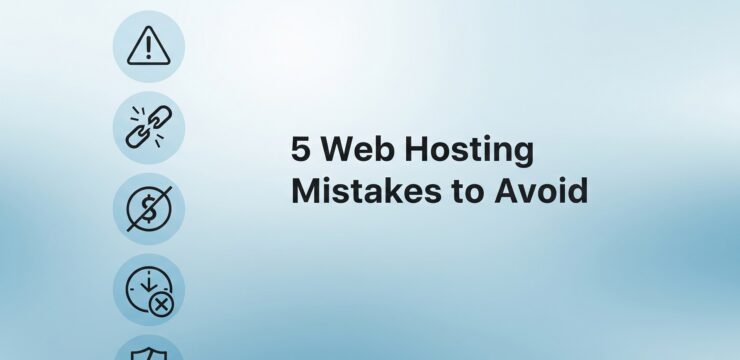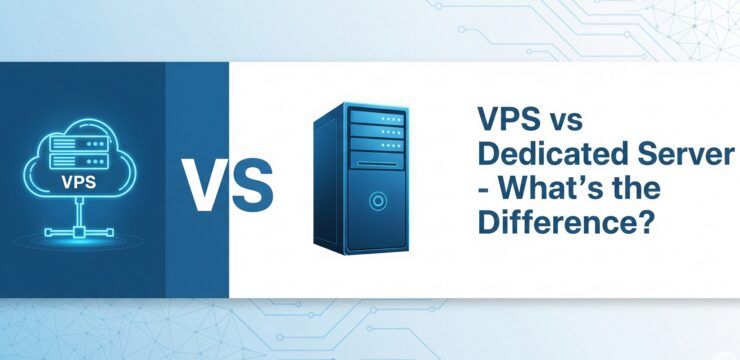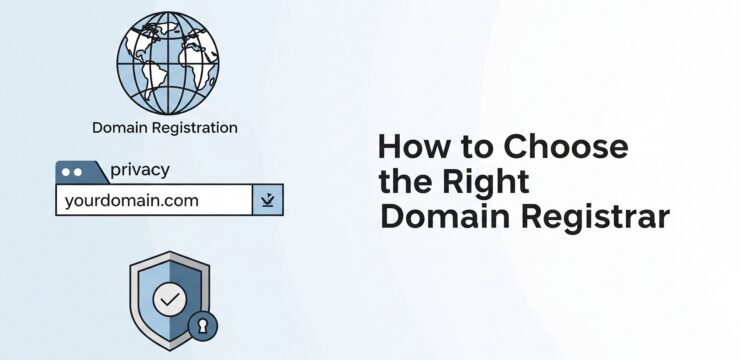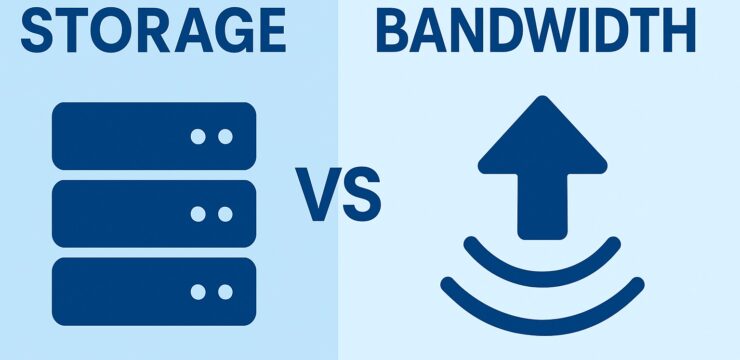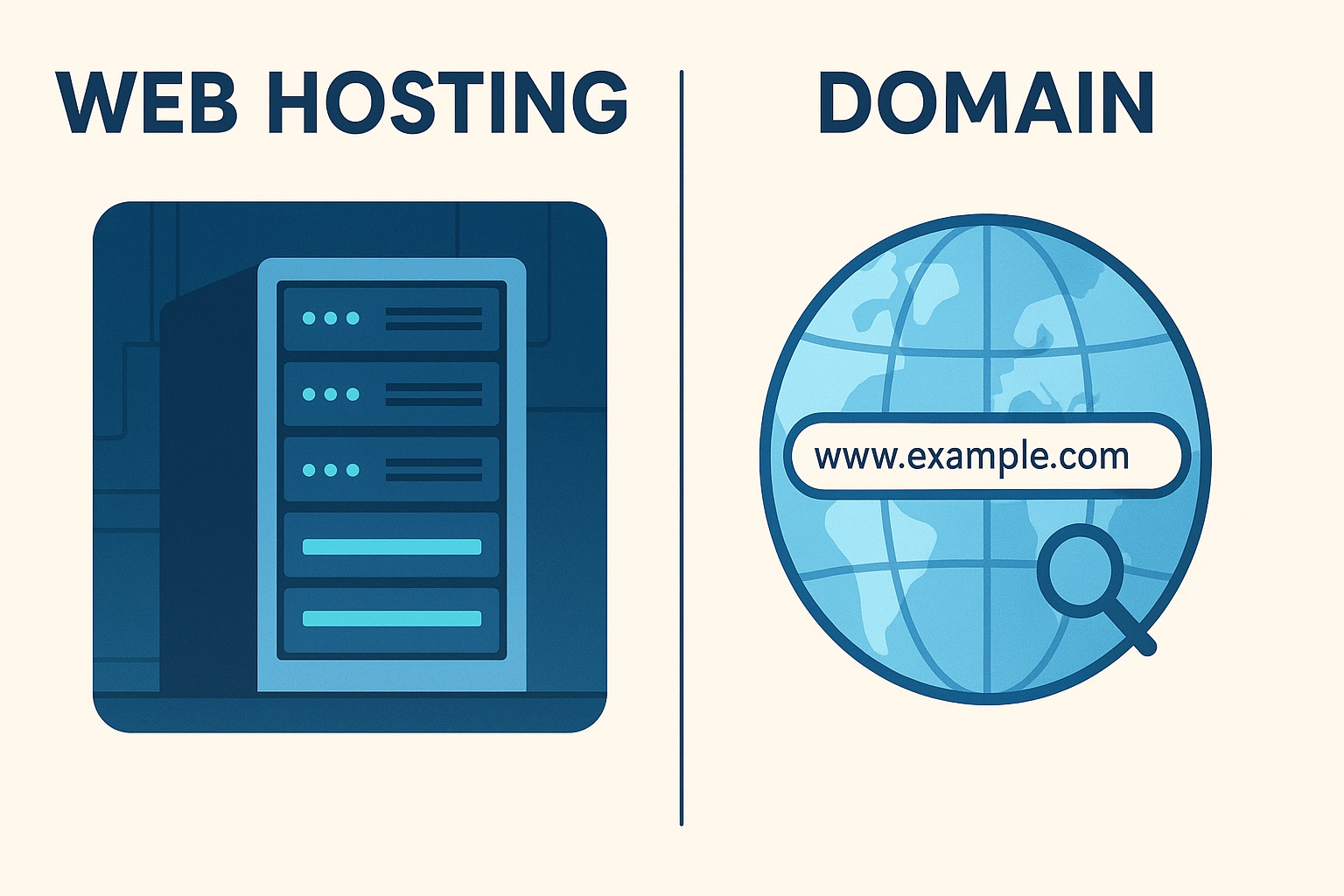
When starting a website, one of the first challenges beginners face is understanding the difference between web hosting and a domain name. These two elements are essential for any website to function, but they serve very different purposes. To make things clear, let’s break them down in detail.
Understanding Web Hosting
Web hosting is the service that stores all the files, content, and data that make up your website. This includes text, images, videos, databases, and scripts. Hosting providers store these files on powerful computers called servers, which are connected to the internet 24/7. When someone visits your site, their browser requests the files from your hosting server and displays them.
There are different types of hosting, such as shared hosting (where multiple websites share the same server), VPS hosting (a virtual private server with more control), and dedicated hosting (a full server for one website). The type you choose depends on your budget, traffic expectations, and technical requirements. Without hosting, your website files have nowhere to “live” and can’t be accessed online.
Understanding Domain Names
A domain name is the web address people type into their browser to find your website, such as example.com. Think of it as the street address for your website’s home. It makes it easy for visitors to access your site without having to remember long strings of numbers known as IP addresses.
Domain names are purchased and registered through domain registrars like GoDaddy, Namecheap, or Google Domains. They must be renewed annually (or for multiple years) to maintain ownership. Domains also come with different extensions such as .com, .net, .org, and many others. While the domain points users to your website, it does not store any files or data.
How Web Hosting and Domains Work Together
To make your website live, you need both a domain and hosting. The domain directs visitors to your hosting server, where your website files are stored. Without a domain, users would have to type in the server’s IP address, which is not user-friendly. Without hosting, there’s nothing for the domain to display.
For example, if your domain is like your house address, web hosting is like the actual house where your furniture, appliances, and belongings (website files) are kept. Both are essential — one makes your website accessible, and the other stores your content.
Why You Need to Understand the Difference
Many beginners think buying a domain automatically includes hosting, but that’s not always the case. Some companies sell them together as a package, but you can also buy them separately. Understanding the difference helps you make better decisions, avoid unnecessary costs, and choose the right services for your website’s growth.
A clear understanding also helps when troubleshooting website issues — for instance, if your site is down, it might be a hosting problem, not a domain problem, and vice versa.
Final Thoughts
In summary, web hosting is where your website lives, while a domain name is how visitors find it. Both are essential, and neither can replace the other. Before launching your site, ensure you have both services set up correctly and connected. By knowing the difference, you’ll be better equipped to manage your website effectively and plan for future growth.
